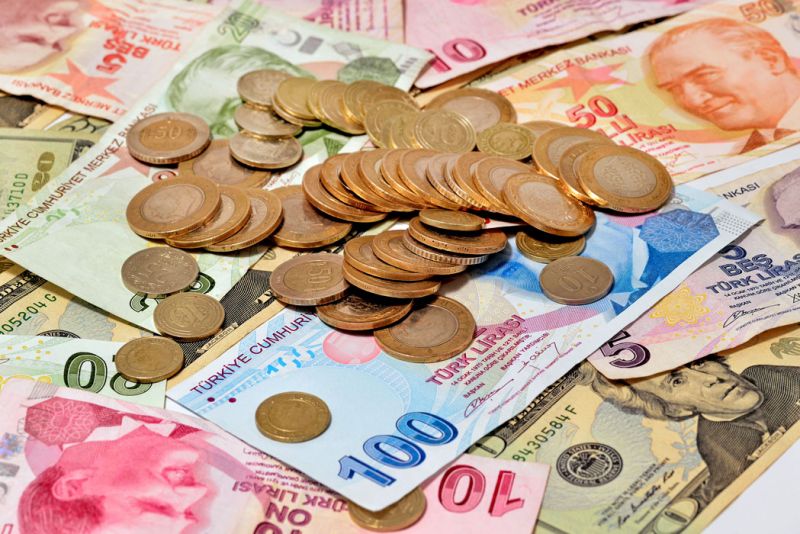The dollar stabilized against the euro on Thursday, after a positive US employment indicator halted the greenback’s decline, while the Turkish lira continued to loose.
Around 6.30 p.m. GMT, the euro lost 0.03% to $ 1.1590 per euro. Earlier in the morning, the European currency had instead taken 0.20% to 1.1617 dollars per euro, moving away from its lowest for nearly fifteen months reached Tuesday at 1.1524 dollars.
Investors have changed their tune after the US Department of Labor published weekly claims for unemployment benefits lower than expected and at the lowest since the outbreak of the epidemic. “The jobless claims have helped slow the fall of the dollar,” said Joe Manimbo of Western Union. These have returned to below the 300,000 mark for the first time since the start of the health crisis.

Since the beginning of September, the euro has weakened by 1.6% against the dollar as high inflation continues in the United States and the American Central Bank (Fed) prepares to gradually reduce its monetary support, probably from next month, which favors the greenback. But during the last two sessions, the dollar fell back when paradoxically this news concerning the evolution of prices and the Fed were confirmed: American inflation reached 5.4% over one year, a peak in addition to ‘a decade while the Fed, in the minutes of its last meeting, programmed to reduce its liquidity injections as early as next month or in mid-December. The recent decline in the dollar would therefore be due to “a reaction of the type ‘buy rumor, sell information'”, commented Lukman Otunuga, analyst at FXTM. Forex traders buy the dollar on rumors of a reduction in Fed support and sell it when this project materializes.
Turkish lira at its lowest
For its part, the Turkish lira hit a new all-time low, at 9.19 pounds to the dollar, down 1.12%. Faced with galloping inflation of more than 19%, one of the highest in the world, Turkish President Recep Tayyip Erdogan defends a monetary policy of lower rates, in opposition to the economic consensus. On the night of Wednesday to Thursday, he sacked three members of the monetary committee of his central bank, including the only one to have voted against the cut in the key rate in September, according to the press. “This shows the president’s strong influence on Turkish monetary policy and the central bank’s lack of independence,” comments Lukman Hardman, adding: “The doubt will further increase among investors about the ability, and willingness, to Turkey to fight inflation ”.